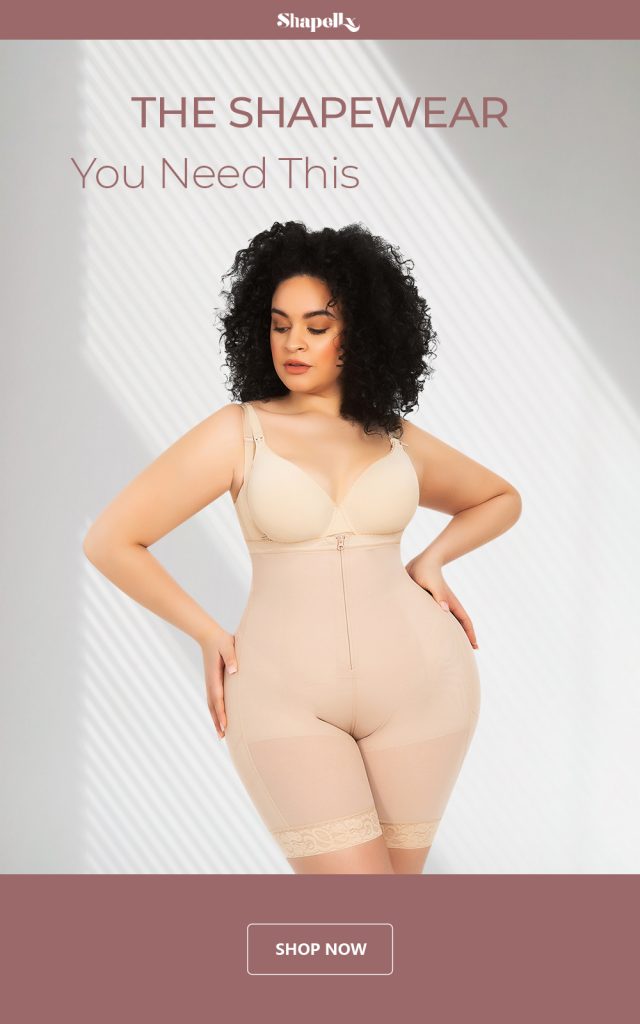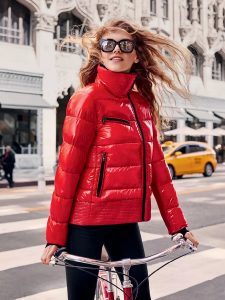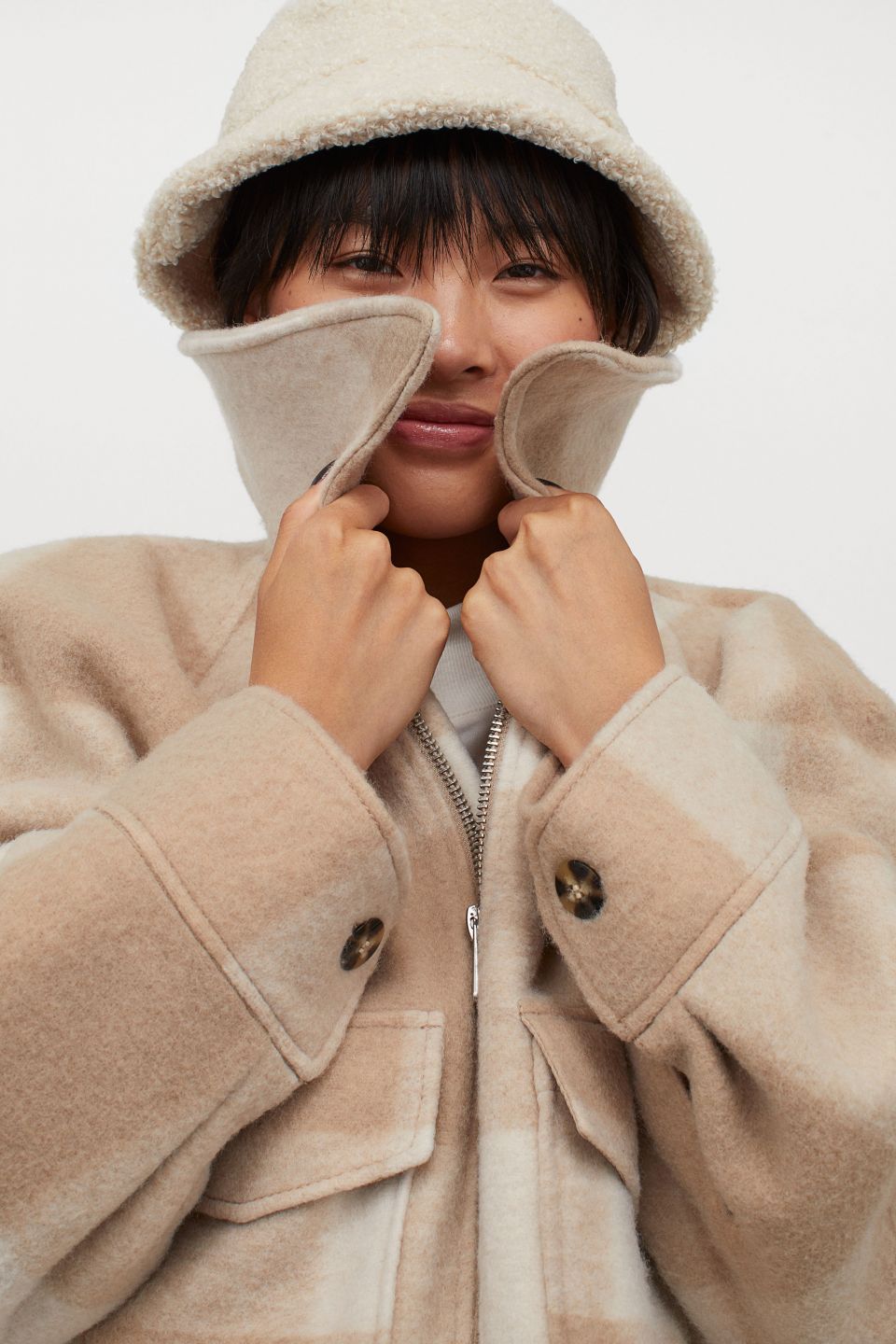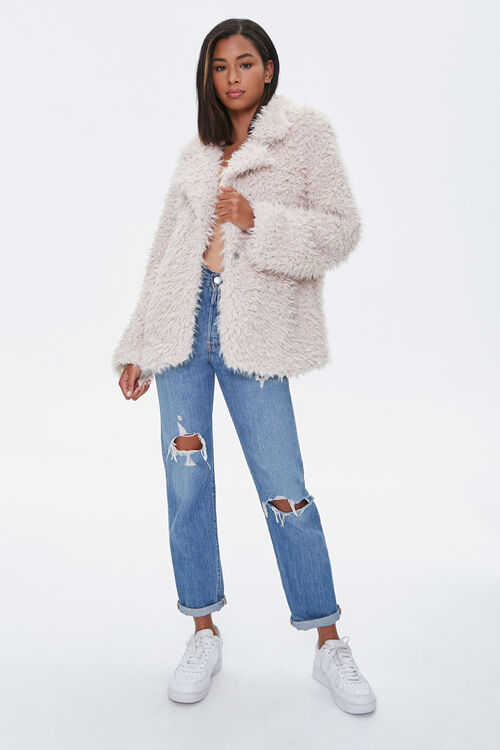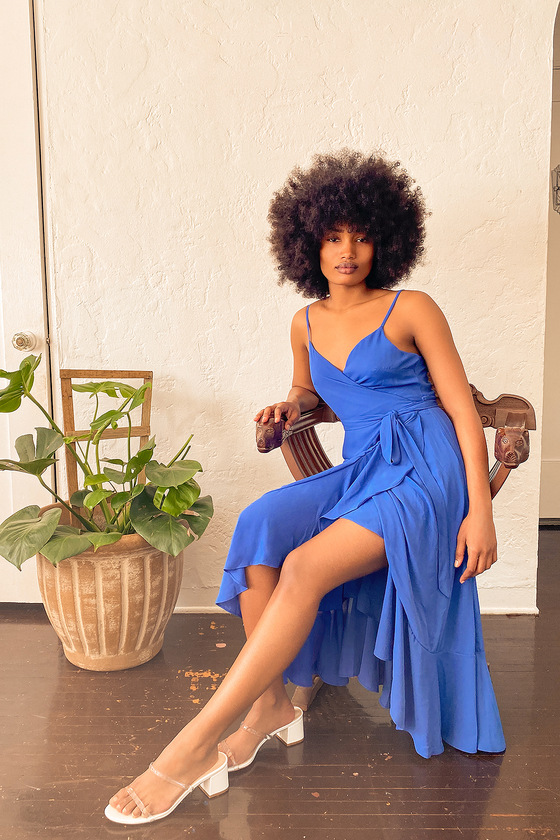American Eagle Outfitters announced an ambitious plan yesterday (August 29th) to open up to 80 physical stores for its sub-brand Aerie in the next three years. In the company’s second-quarter earnings conference call, CEO Jay Schottenstein called Aerie a key growth engine in the US Eagle strategic plan.
Founded in 2006, Aerie is known for its affordable lingerie, lounge and sportswear for female customers aged 15 to 25. In 2016, the brand became a pioneer in active marketing with its #aerieREAL no-airbrushing campaign and made headlines. Since then, Aerie has become a leader in diversified marketing with models of different body types and races, including women with significant disabilities and illnesses.
Aerie continues to add in-store functionality to support #aerieREAL, whose focus in the fall of 2018 is for men of different sizes. (By the way, the company was attacked in 2016 for the ironic #aerieMAN event, because it was a stupid April Fool’s joke, but this latest event is a real extension of the positive efforts of its body, including men) .
According to Aerie’s expansion plan, it is clear that customers have responded positively to these activities. The brand began to pose a serious threat to the secrets of the lingerie giant Victoria and continues to face criticism from customers and experts about its advertising style, which relies on women who are exposed to clothing to engage in advertising campaigns. According to data from brand insight company YouGov, women’s perceptions of companies have declined since 2013, especially in the #MeToo era, mainly due to their over-represented advertising.
Although Aerie has expanded its physical and digital footprint, L Brand’s Victorian secrets, including University and youth-based lingerie brand Pink, announced plans to close 20 stores in response to poor sales. Victoria’s secret collapse led to the L Brands swan dive that began in 2015 and caused a 72% drop in three years. More importantly, Victoria’s secret announced that it would stop its clothing and swimwear business in 2016, which continued to grow into Aerie. In short, if Aerie’s diversified-driven business strategy wins, struggling brands may suggest that inclusiveness is equally important to business and society.

